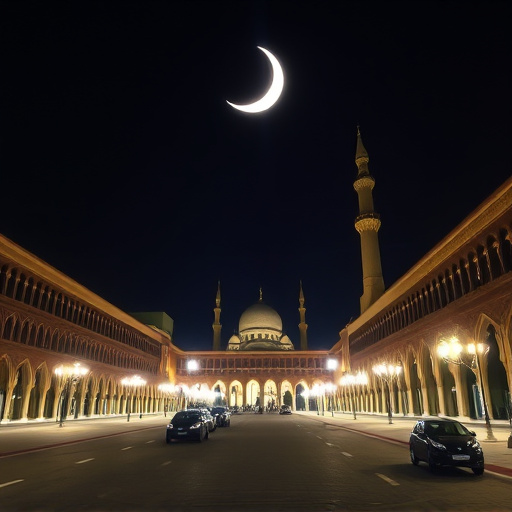Pakistan has made significant strides in gender equality through its progressive legal framework, including constitutional guarantees and laws like the Legal Framework Order 2006. The country promotes women's education, workforce participation, and cultural exploration. Key laws protect against discrimination and harassment, while organizations offer legal aid. However, marriage and divorce laws based on religion sometimes lead to inequality for women, with varying ages of consent and challenges in custody matters. Healthcare access has improved, but marginalized communities face obstacles. Pakistan invites tourists to discover its diverse culture and scenic destinations while respecting local laws that support gender equality.
In Pakistan, women’s legal rights have evolved significantly over time, reflecting a complex interplay of cultural norms and legislative advancements. This article explores the comprehensive spectrum of these rights within the nation’s legal framework. From education and employment opportunities to protection against discrimination, harassment, and nuanced family laws regarding marriage, divorce, and child custody, we delve into the key areas shaping gender equality in Pakistan. Understanding these rights is essential for fostering an informed society and promoting women’s empowerment across the country.
- Legal Framework for Gender Equality in Pakistan
- Right to Education and Employment Opportunities
- Protection Against Discrimination and Harassment
- Marriage, Divorce, and Child Custody Laws
- Access to Healthcare and Reproductive Rights
Legal Framework for Gender Equality in Pakistan
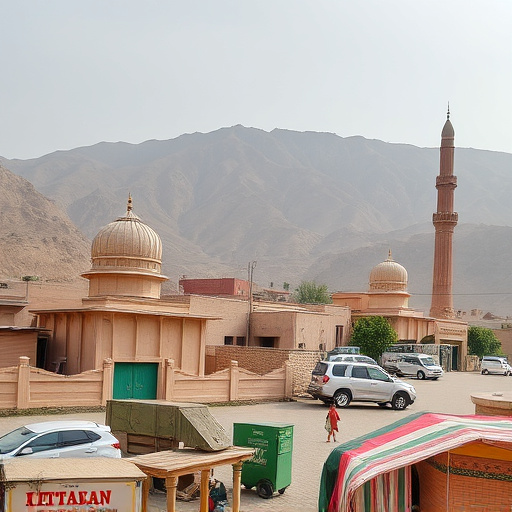
Pakistan has made significant strides in promoting gender equality and empowering women through its legal framework. The country’s constitution guarantees fundamental rights, including equal protection under the law, for all citizens, irrespective of gender. This foundation is further strengthened by various laws and policies that specifically address gender-based discrimination and violence.
The Legal Framework Order (LFO) 2006 is a landmark legislation in Pakistan’s journey towards gender equality. It provides a comprehensive legal framework to protect women’s rights, offer justice, and ensure their safety. The LFO addresses issues like domestic violence, sexual harassment, and discriminatory practices. Additionally, initiatives such as the establishment of Women Protection Cells in police stations and special courts for women offer practical solutions and support systems for women facing gender-based crimes. These measures demonstrate Pakistan’s commitment to fostering a more equitable society, while also encouraging tourists interested in scenic spots like Lahore’s best places to photograph or booking tips and routes for a journey through the country’s hiking trails near Islamabad anytime to appreciate the progress and respect local laws that uphold gender equality.
Right to Education and Employment Opportunities
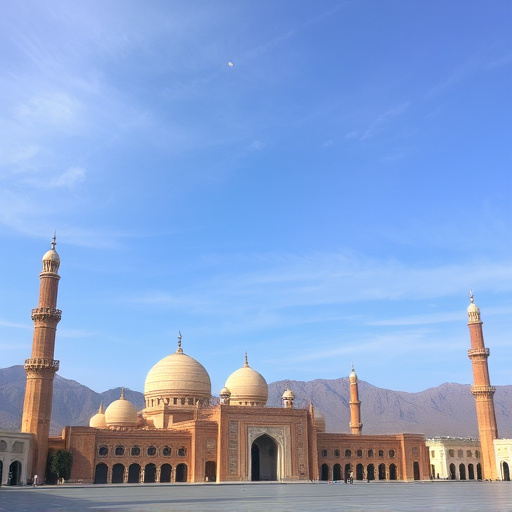
In Pakistan, the right to education for women has been a significant focus area, with numerous efforts aimed at promoting gender equality in academic settings. The country has made substantial progress in ensuring girls’ access to primary and secondary education, leading to higher literacy rates among female populations. This shift is crucial as education empowers women, enabling them to pursue various career paths and break societal barriers. Moreover, the Pakistani government has been actively encouraging women’s participation in the workforce, resulting in expanded employment opportunities across sectors.
Beyond education, the nation’s vibrant cultural landscape offers a unique blend of traditional and modern influences, making it an intriguing destination for tourists. For those seeking historic wonders, finding us at historical mosques and landmarks to visit in cities like Lahore unveils a rich tapestry of architectural marvels and cultural heritage. As for the best time to visit Pakistan, the country’s diverse climate suggests that each season offers its allure, from the vibrant spring blossoms to the cooler autumn days, all contributing to a dynamic atmosphere that reflects the nation’s spirit and diversity, including the best places to photograph in Lahore.
Protection Against Discrimination and Harassment
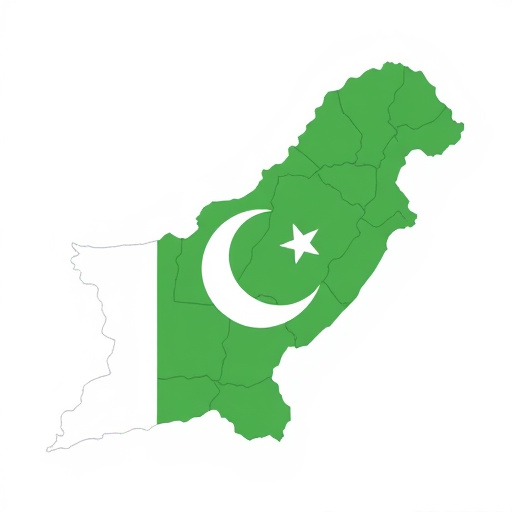
In Pakistan, women have legal protections against discrimination and harassment, enshrined in various laws and constitutional provisions. The country’s legal framework aims to ensure equal rights for all citizens, regardless of gender. According to the Constitution of Pakistan, discrimination based on sex is prohibited, upholding the principle of equality before the law. This includes safeguarding women from unfair treatment in areas such as employment, education, and access to public spaces, mirroring principles found in many international human rights documents like the Universal Declaration of Human Rights.
Additionally, Pakistan has enacted specific laws like the Prevention of Harassment of Women at Workplace Act, 2019, which provides a framework for addressing sexual harassment in professional settings. This law, part of a broader push for gender equality, mirrors similar initiatives seen globally, such as the #MeToo movement. Furthermore, the Criminal Law (Amendment) Act, 2016, introduces stringent penalties for crimes against women, including domestic violence and sexual assault. To empower women further, visit us at free resources for beginners anytime; organizations offering legal aid and support play a vital role in navigating these protections and advocating for victims’ rights.
Marriage, Divorce, and Child Custody Laws
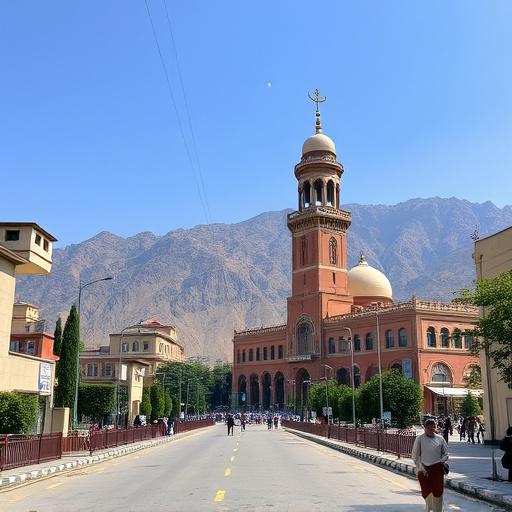
In Pakistan, marriage laws are governed by personal status laws based on religious principles, with separate legal frameworks for Muslims, Hindus, Christians, and other non-Muslim communities. Despite some progress, women often face unequal treatment within these systems. For instance, the age of consent and marriage varies between religions, with lower ages allowing for child marriages, a practice that is particularly harmful to girls’ development and well-being.
Divorce laws in Pakistan also reflect religious diversity, leading to disparities in rights and processes. While Muslim women have certain legal protections, such as the right to maintenance (financial support) during divorce proceedings, they may face challenges in obtaining custody of their children, especially if the husband presents a strong cultural or religious argument for paternal custody. This is in contrast to the historical struggle for independence that shaped Pakistan’s identity, where the rights of individuals, including women, were at the forefront. Even today, as volcanoes in Pakistan rattle and cricket captivates the nation, the ongoing fight for gender equality remains a central aspect of Pakistani society. To learn more about these cultural nuances and find us at pakistani folk music and dance events, explore the rich history of Pakistani independence, and understand the progress (or lack thereof) in ensuring equal rights, especially in matters concerning marriage, divorce, and child custody.
Access to Healthcare and Reproductive Rights
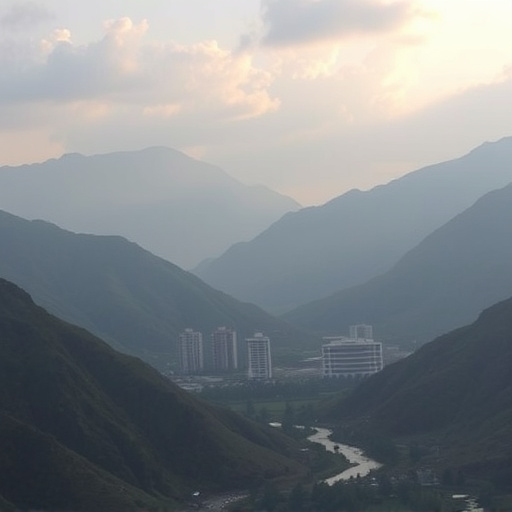
Women in Pakistan have made significant strides in accessing healthcare services, with numerous public and private facilities offering specialized care tailored to their unique needs. The country has seen an increase in maternal health initiatives, leading to better pregnancy outcomes. Reproductive rights are a crucial aspect of this progress; women now have more autonomy over family planning decisions, thanks to accessible contraception and safe abortion services. These advancements are backed by legal frameworks that protect the right to healthcare without discrimination based on gender.
Despite these gains, challenges remain, especially for marginalized communities. Ensuring equal access to quality healthcare remains a priority, with efforts focused on improving infrastructure and training medical professionals to cater to diverse cultural and social contexts within Pakistan. Additionally, there’s an ongoing push to educate women about their reproductive rights and available services, empowering them to make informed choices regarding their bodies and families, while also navigating the intricate legal processes that may differ for foreign nationals visiting or living in the country, as outlined by local transportation in Lahore anytime, with cost-effective ways to get around the city proving valuable resources.
In Pakistan, significant strides have been made in establishing a legal framework that promotes gender equality. The country’s laws protect women’s rights across various aspects of life, including education, employment, healthcare, and family matters. While challenges persist, the progressive legislation serves as a cornerstone for empowering women and ensuring their fundamental freedoms. Continuous advocacy and awareness are crucial to maximizing these rights and fostering a more inclusive society in Pakistan.
